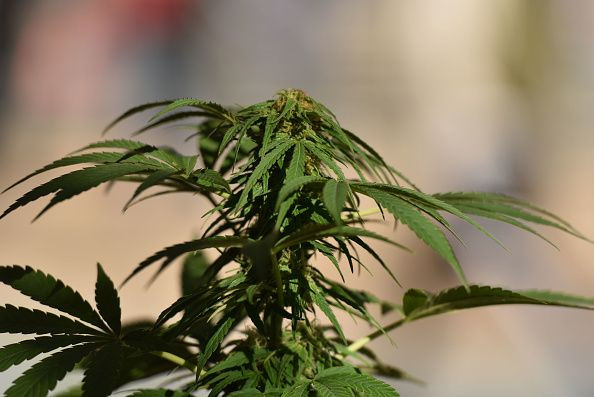Buying Marijuana Online Has Surged 300 Percent In US

Americans are getting creative in finding ways to gain access to marijuana online, even if they aren’t legally allowed to do so, a recent study found. According to research published on the American Journal of Preventive Medicine, millions are looking for marijuana retailers on the internet, with the rate rising by almost 300 percent from 2005 to 2017.
While this number seems normal given that many U.S. states have already legalized the use of marijuana for various health and recreational purposes, its easy availability online sans any form of regulation poses a public health threat. For one, buying and selling cannabis on the internet is illegal because it is a largely uncontrolled market and its sellers do not follow a screening system with their buyers.
In a news release on EurekAlert, research lead John W. Ayers, associate research professor from the San Diego State University Graduate School of Public Health, said that anybody, regardless of location and age, is able to purchase marijuana using their laptops and mobile devices.
The proponents looked into typical Google searches typed in by those buying marijuana online and found that the highest numbers came from Colorado, Nevada, Oregon and Washington, with search volumes rising between 1.4 million and 2.4 million every month from 2005 to 2017. The research monitored search terms such as “cannabis,” “weed," “marijuana” and “pot,” combined with action words like “order,” “shop,” “buy” and more. Some websites that freely sell cannabis have already been taken down, but knowing the internet, surely there are thousands more possible sources.
University College Cork, Ireland professor Theodore Caputi, one of the lead authors of the study, was quoted by Study Finds as saying that despite the legalization of marijuana in some U.S. states, online selling disables the government from collecting the necessary taxes that would help support the cost of providing public health services related to its use. In addition, its instant availability only creates greater dependence that covers even the very young.
Recreational marijuana for users over the age of 21 is currently legal in 10 U.S. states. Medical use is allowed in 33 states.
© Copyright IBTimes 2024. All rights reserved.





















